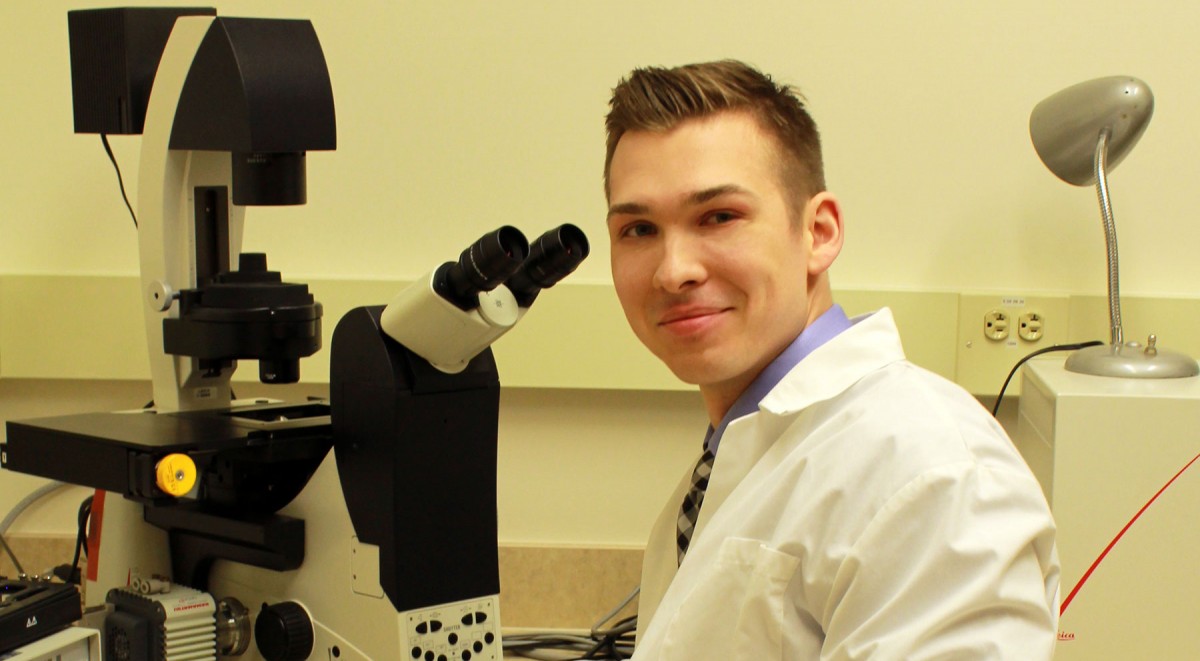Topics: Research
How can we make the future a bit brighter for our loved ones with Prader-Willi syndrome? It starts with us! Multiple potential drug treatments for Prader-Willi syndrome are currently in clinical trials and more are coming down the pipeline. Staying i...
Is there a place in the FPWR community for parents of adult children with PWS? I have frequently been asked if the work of the Foundation for Prader-Willi Research is only for ‘young families’ and if there is a place in the FPWR community for parents...
Topics: Research
The Foundation for Prader-Willi Research (FPWR), in collaboration with FPWR-Canada, FPWR-UK, Prader-Willi France and PWSA-UK, is thrilled to announce the first round of PWS research grant recipients for 2016! Ten outstanding projects were selected fo...
Topics: Research
We asked parents how they became involved with FPWR. This video shares their responses.
Topics: Stories of Hope, Research
Children between the ages of 3 and 11 who have PWS, and their caregivers, are being recruited for two intervention studies being conducted by researchers at Case Western Reserve University.
Topics: Research
The Foundation for Prader-Willi Research (FPWR), is pleased to announce the awarding of $1.1 million in research grants in its second round of grant funding for 2015. A portfolio of 12 grants from leading researchers around the world was selected, wh...
Topics: Research
Sometimes, valuable insights about “your” genetic disease can come from studies on entirely different genetic disorders that end up being connected in ways that weren’t easily appreciated at first glance.
Topics: Research
These potential PWS treatments are in development as of July 2015:
Topics: Research
This month's research blog post comes from guest author Igor Pravdivyi, a member of Dr. Rachel Wevrick's research group at the University of Alberta. Children with PWS usually begin to have increased appetite around age 5, with hyperphagia setting in...
Topics: Research














